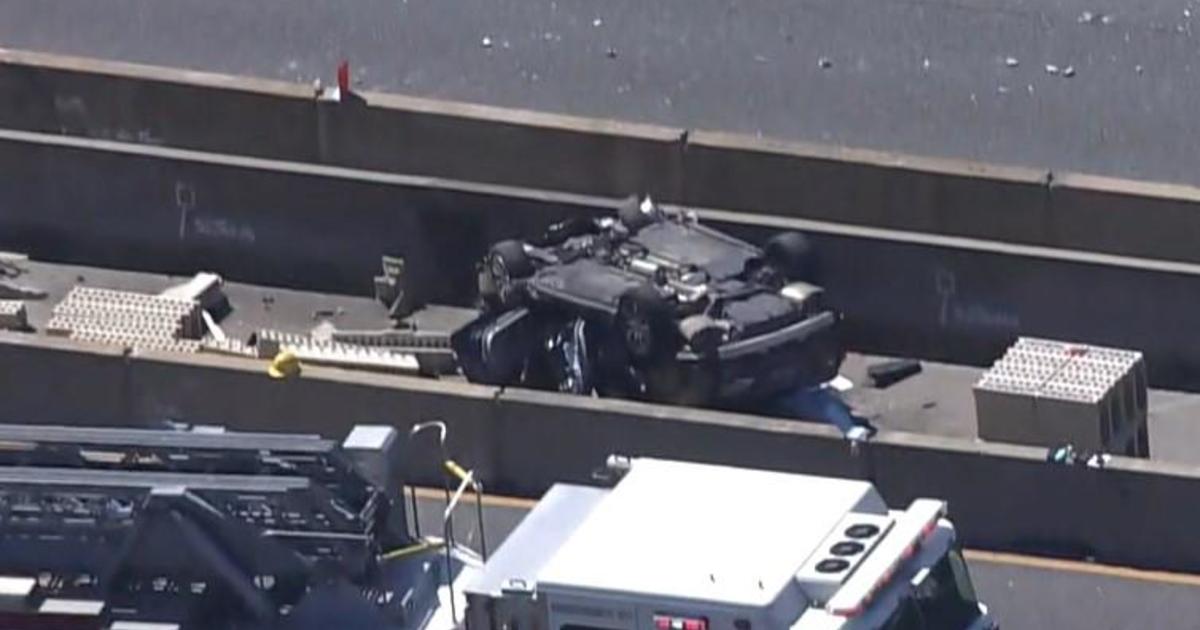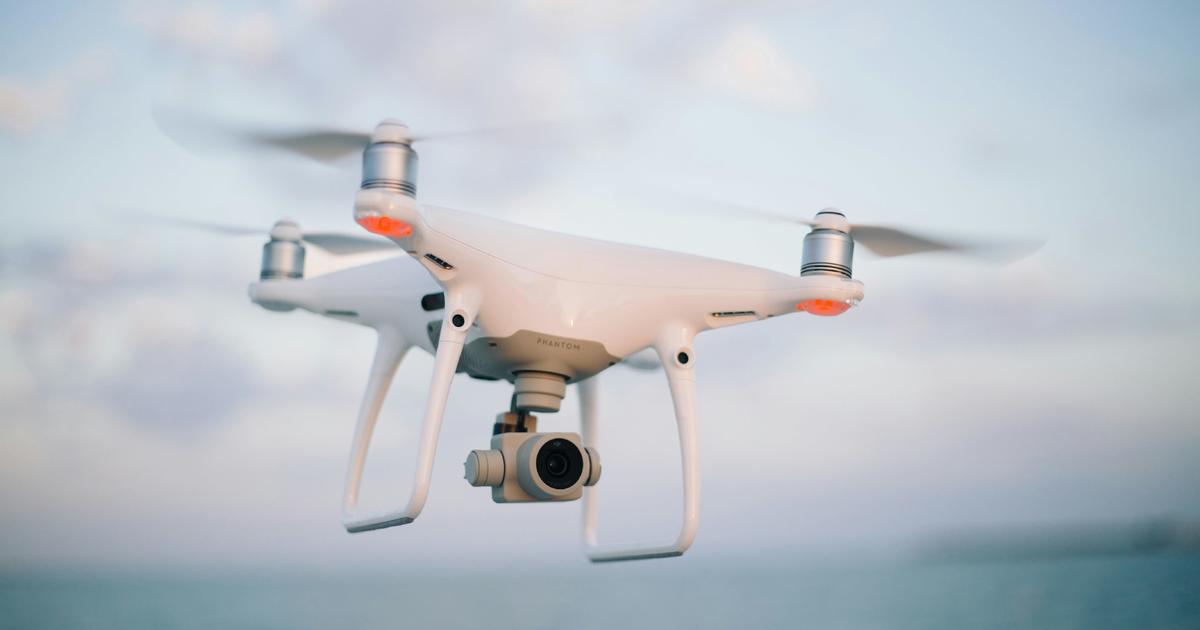Ten Tips to Manage Distracted Driving
 //-->
//-->
With all the headlines and various safety campaigns about distracted driving, it’s easy to glaze over and think that this behavior is something someone else does, not you.
The truth, however, is that nearly every driver engages in distracted driving at some point.
The National Highway Traffic Safety Administration (NHTSA) estimates that in 2008 (the most recent year for which data is available), nearly 6,000 people died as a result of distracted driving. Another 515,000 were injured in police-reported crashes where distracted driving was noted on the crash report.
Here are 10 tips to help manage distracted driving and keep the family safe when on the road.
(1) Turn it off. Quite simply, if you turn your cell phone off--or put it in silent mode--before you get in the car, you won’t be tempted to pick it up to make or take calls or send/receive texts. Fix it in your mind that this is a pre-trip checklist, just like buckling your seat belt. This will go a long way toward instilling the right behavior.
(2) Let others know. When you know you’ll be traveling, pass along the word to callers with a special message on your phone alerting them to the fact that you’re temporarily unable to take their call but will get back to them as soon as you can. You can also sign up for a service that will do this for you.
(3) Pull off the road. Sometimes you really need to make a call. That’s fine, as long as you pull over off the road, where and when it’s safe to do so, stop your car and then make your call.
(4) Ask your passenger to call for you. If you have someone riding with you and you must make a call, ask your passenger to make it for you.
(5) Remember to X the text. Never try to drive and text – or surf the Web or read email. Not only is it dangerous, it’s also against the law in most states.
(6) Know your state and local laws. While you might have an idea what the laws are in your state regarding use of cell phones while driving, it’s wise to become familiar with them – before you get in the car. In some states and localities, the use of hand-held cell phones is prohibited. There’s a handy chart of state laws on the Governors Highway Safety Association (GHSA) website.
(7) Prepare for your trip ahead of time. The smart driver knows the route, and alternates, if they should become necessary, before starting up the car to drive. While en route, if something comes up and you need help, pull over to a safe location to review your maps and/or directions again.
(8) Keep the children safe. Traveling with children, especially infants and small children, can be a challenge. If there’s a dispute or something else you need to take care of, pull over to a safe location so you can tend to the situation.
(9) Make sure pets are secure. Besides children, pets are another huge distraction for drivers – or they can be. Guard against this by securing pets properly before you head out on the road.
(10) Focus on driving. It only takes a split second of distraction for an accident to occur. The best way to avoid this is to be proactive. Focus only on your driving. That means you should refrain from eating, smoking, drinking liquids, reading or any other activity that takes your mind and eyes – as well as your concentration – off the road.
Sign up for our free newsletter or follow us on Facebook or Twitter.
This story originally appeared at Family Car Guide



